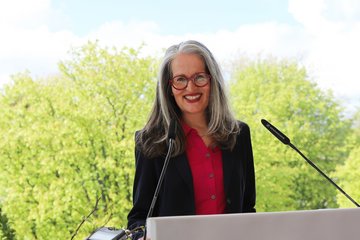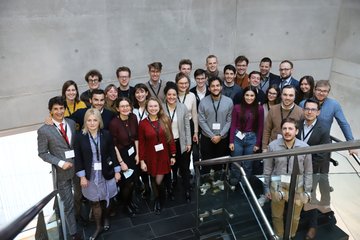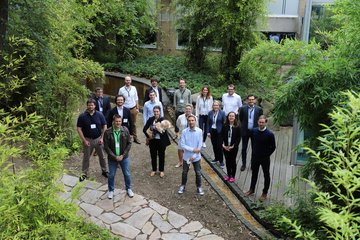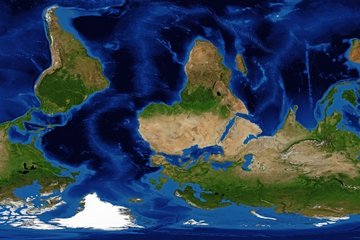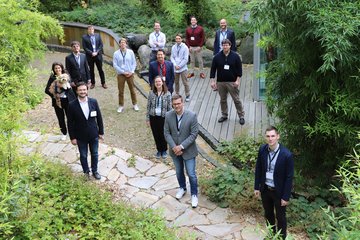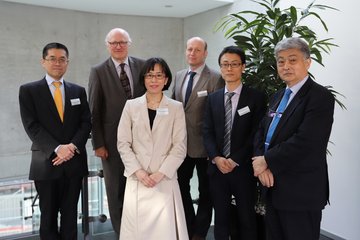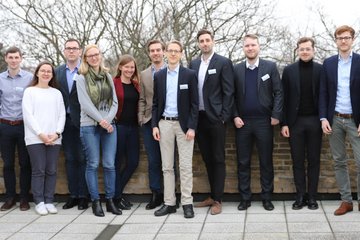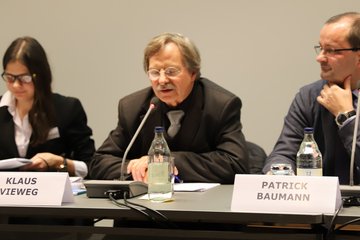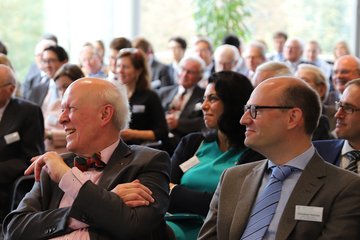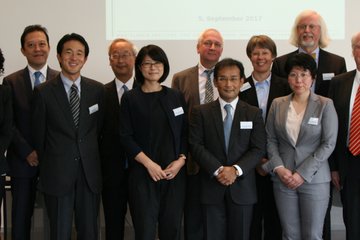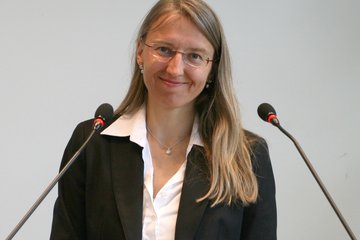Ido Shahar (University of Haifa, Israel): Rupture or Continuity in Muslim Family Law: A New Look at the ‘Interpretative Viability’ of Codified Sharīʿa
Afternoon Talk on Islamic Law
- Datum: 08.12.2022
- Uhrzeit: 16:00
- Ort: Hybrid-Veranstaltung
Ein Video des Vortrags finden Sie hier zum Nachstreamen:
Ido Shahar (University of Haifa, Israel): Rupture or Continuity in Muslim Family Law: A New Look at the ‘Interpretative Viability’ of Codified Sharī‘a
© Max-Planck-Institut für ausländisches und internationales Privatrecht
About the speaker
Ido Shahar is a senior lecturer at the Department of Middle Eastern and Islamic Studies, University of Haifa. He is a legal anthropologist and a social historian, specializing in the study of sharī'a courts, legal pluralism and the socio-legal domain in Palestinian society. Among his recent publications are: Shahar, I. (2019). A new look at the agency of Qadis: Israeli sharīʿa courts as a case study. Die Welt Des Islams 59 (1), 70–98; Shahar, I. (2021). Diversity in sulḥa practices among Arab-Palestinians in Israel and its implications for state–minority relations: A pluri-legal perspective. Journal of Legal Pluralism and Unofficial Law 53 (2), 227–245; Shahar, I., and Yefet, K.C. (2022). Kadijustiz in the ecclesiastical courts: Naming, blaming, reclaiming. Law and Society Review 56 (1), 53–77.
About the topic
The talk aims at illustrating the “interpretative viability” of the Ottoman Family Code of 1917 – i.e., its susceptibility to changing interpretations – and to discuss some of the interpretative tools that qāḍīs have applied to it over the years. By tracing the changing implementation of Article 130 of this law (nizāʿ wa-shiqāq) by sharīʿa courts in Palestine/Israel over a period of one hundred years (1917-2017), the talk shows that the codification of the sharīʿa did not produce a closed, immutable, monolithic legal system, but rather has provided qāḍīs with considerable interpretative freedom – much more than is commonly assumed. Moreover, the hermeneutic tools employed by qāḍīs to interpret the code build on earlier, pre-codification sources of pluralism and interpretative freedom within the sharīʿa. Thus, by highlighting the continuities between pre-codified and post-codified sharīʿa, the talk aims at contributing to the debate concerning the transformation of the sharīʿa in modern times.
